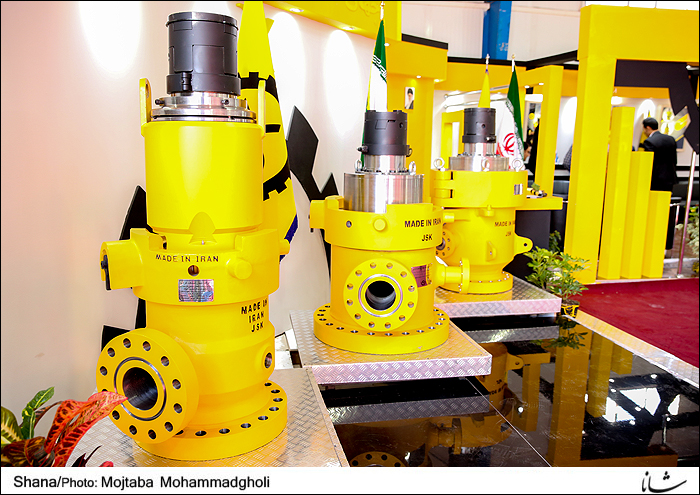In their view, the Iranian Ministry of Petroleum plans to use different types of contracts for different oil and gas fields based on their degree of priority.
Three contracts are expected to be signed under newly-developed Iran Petroleum Contract (IPC) terms over the coming six months.
Gholam-Reza Manouchehri, deputy CEO of National Iranian Oil Company (NIOC) for development and engineering affairs, said: “Due to time restrictions, we cannot sign more than three contracts under the new model up to the end of the [current calendar] year (in March 2017).”
He said more than 20 buy-back contracts have been signed, noting that IPC did not differ too much from buy-back in terms of legal aspects.
“The duration of the contract, maintenance of production and its variation and integrated production have been incorporated into the new model of petroleum industry contract. That is the advantage of this contract and its remuneration will depend on the level of production,” said Manouchehri.
Priority-Based Contracts
Ali-Akbar Mahrokhzad, director for international affairs of (NIOC), said: “When two parties sign a contract it will be notwithstanding the government in power. They accept obligations of the contract and therefore any change in the government will not have any impact on the enforcement of the contract.”
He said that the main subject of the contract, which is production, is the objective of the signature of the contract. The contract, he said, would be remunerated if the contract objectives are realized.
“In other words, if the contract abandons the project at any stage before the objectives mentioned in the contract are realized there will be no recoupment and production is the main guarantee for reimbursement to the investor,” he said.
Asked what would happen to contracts in case international sanctions are back in force or Iran’s nuclear agreement with world powers is annulled, Mahrokhzad said: “Article 14 of the Resolution of Board of Ministers specifies the conditions of contract under different conditions like termination, force majeure,... sanction is one of these conditions.”
In response to Iran Petroleum’s question about the Ministry of Petroleum’s plan to apply different types of contracts based on the priority of oil and gas fields, he said: “At present, the Iranian petroleum ministry’s approach is to use the new format of oil contracts with the objective of accelerating development and attraction of investment based on the significance of development of jointly owned fields.”
“The Iranian Ministry of Petroleum does not insist on using the new format of oil contracts about other oil and gas fields which are less prioritized and are mostly independent fields. It can use other formats like buy-back for therm. Article 15 of the Resolution of the Board of Ministers gives such authority to the Iranian Ministry of Petroleum,” he said.
$100b Investment Needed
Abdol-Hamid Delparish, director of consolidated planning at NIOC, stressed the need for NIOC to attract $100 billion in “net investment” for realizing its objectives under the 6th Five-Year Economic Development Plan.
“Net investment means that this figure is envisaged regardless of NIOC’s financial needs for financing current costs and is calculated solely for the aforesaid development objectives,” he said.
Courtesy of Iran Petroleum


Your Comment